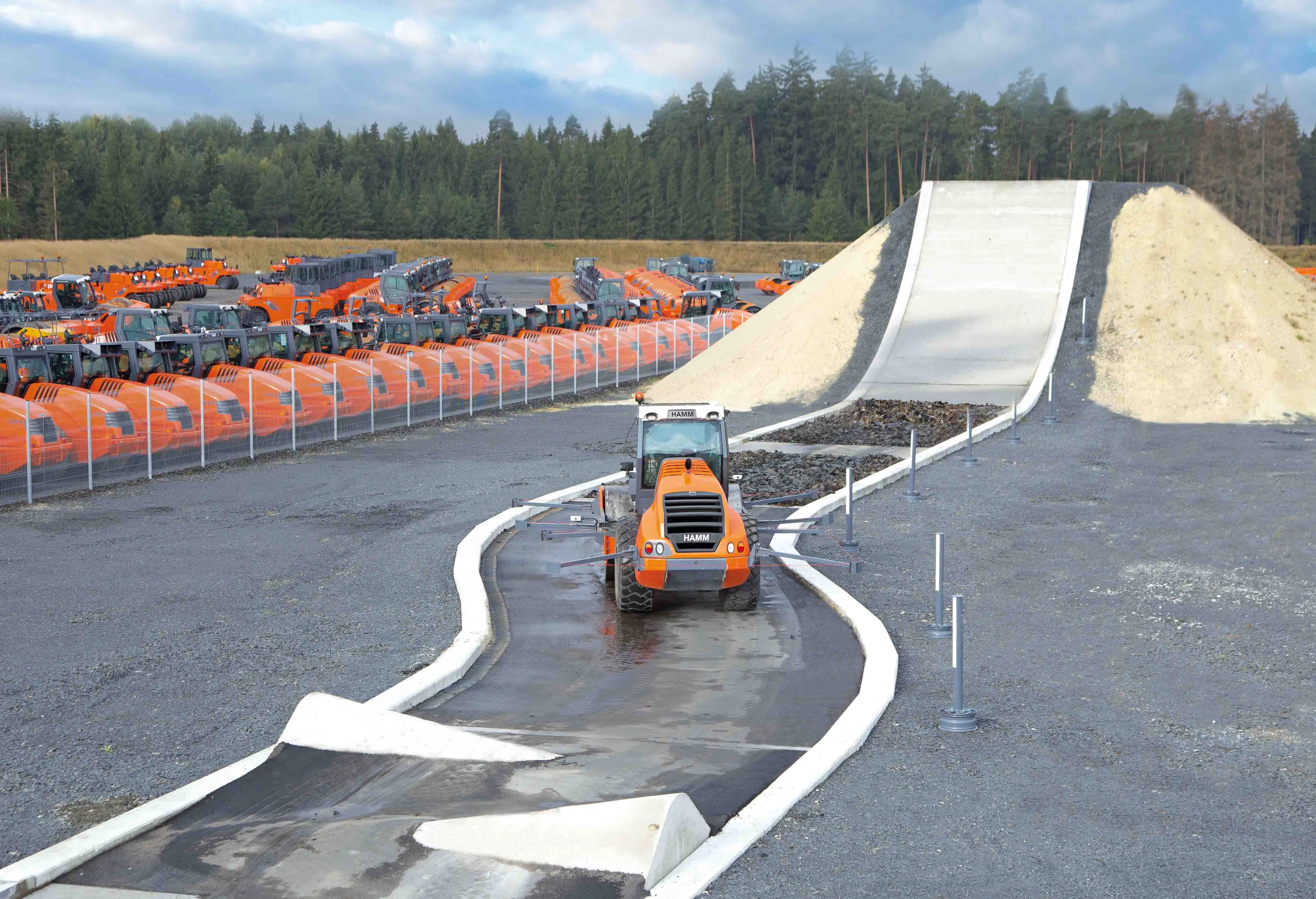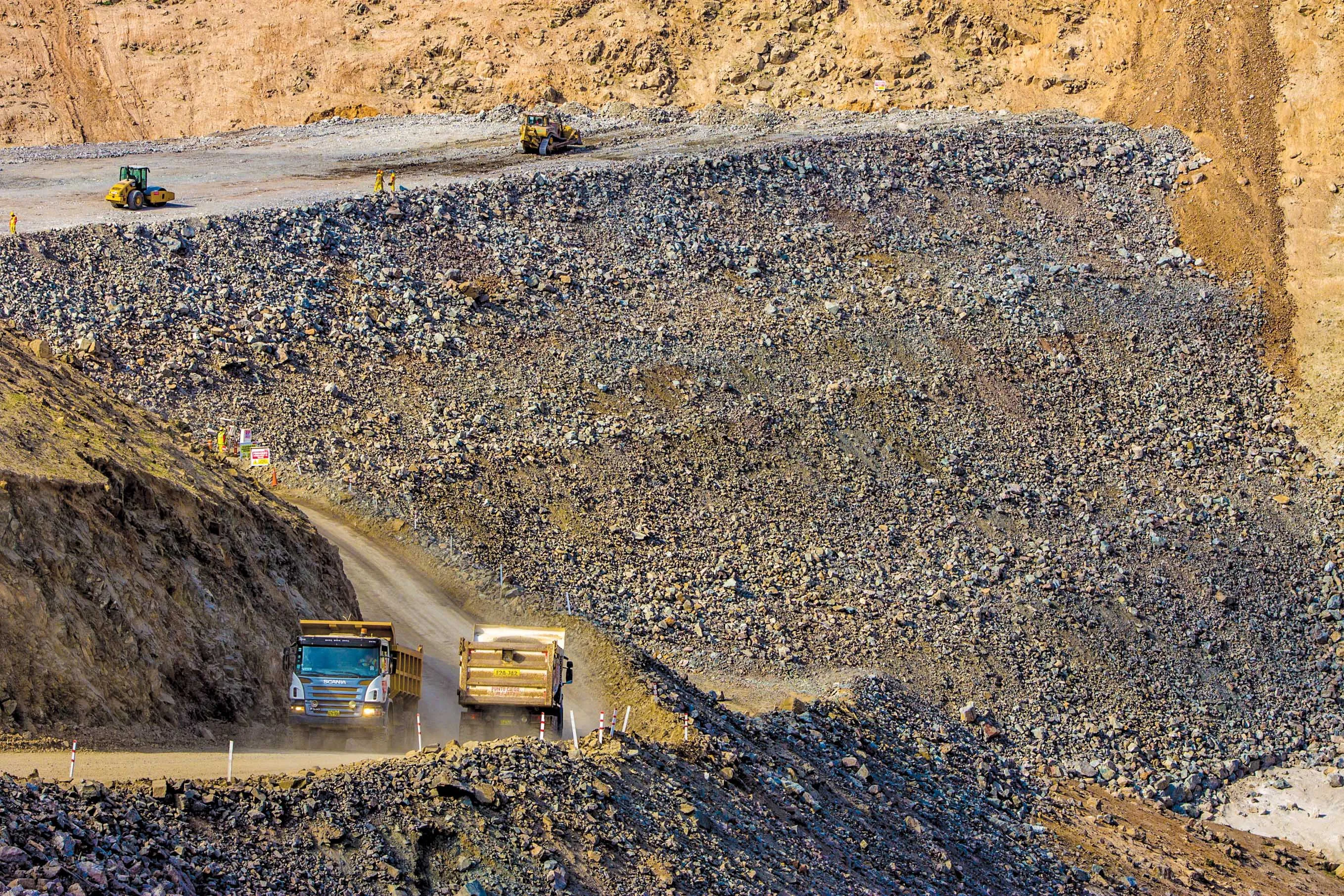An important tunnel project is being put forward for the city of Amsterdam in the Netherlands.
March 15, 2012
Read time: 2 mins
An important tunnel project is being put forward for the city of Amsterdam in the Netherlands. This has been given the go ahead by the country’s government and the city’s authorities and will see a section of the A10 highway running through a tunnel. The current section of the A10 that lies close to the Zuidas area will be relocated into the tunnel in a bid to improve environmental issues for residents, by cutting noise and exhaust pollution. The move would also allow further urban and business development in Zuidas and construction of the new tunnel is expected to commence in 2015, taking eight years to complete. The project is expected to cost in the region of €1.4 billion in all, of which €1 billion wold be paid by the Dutch Government, €130 million by Amsterdam’s city authorities and €75 million by the province of North Holland. The Zuidas area is of economic importance to Amsterdam and generates some €2 billion/year so those championing the tunnel project say that it will help boost the country’s economy in the longer term. However, the Dutch central planning bureau CPB is less enthusiastic over the plans for the tunnel. According to the CBP, widening of the A10 highway where it runs close to the Zuidas commercial area would be profitable but construction the tunnel would not be. The CPB says that the tunnel would result in €490 million in additional costs, while extra income from the project would amount to €210 million, equating to a loss of €280 million. According to CPB, the economic forecasts for the benefits of the tunnel are unrealistically high. Who has the more accurate forecast and what will happen with regard to the A10 highway has yet to be revealed. It is not clear whether either the tunnel or the highway widening options will eventually be carried out that stage.








